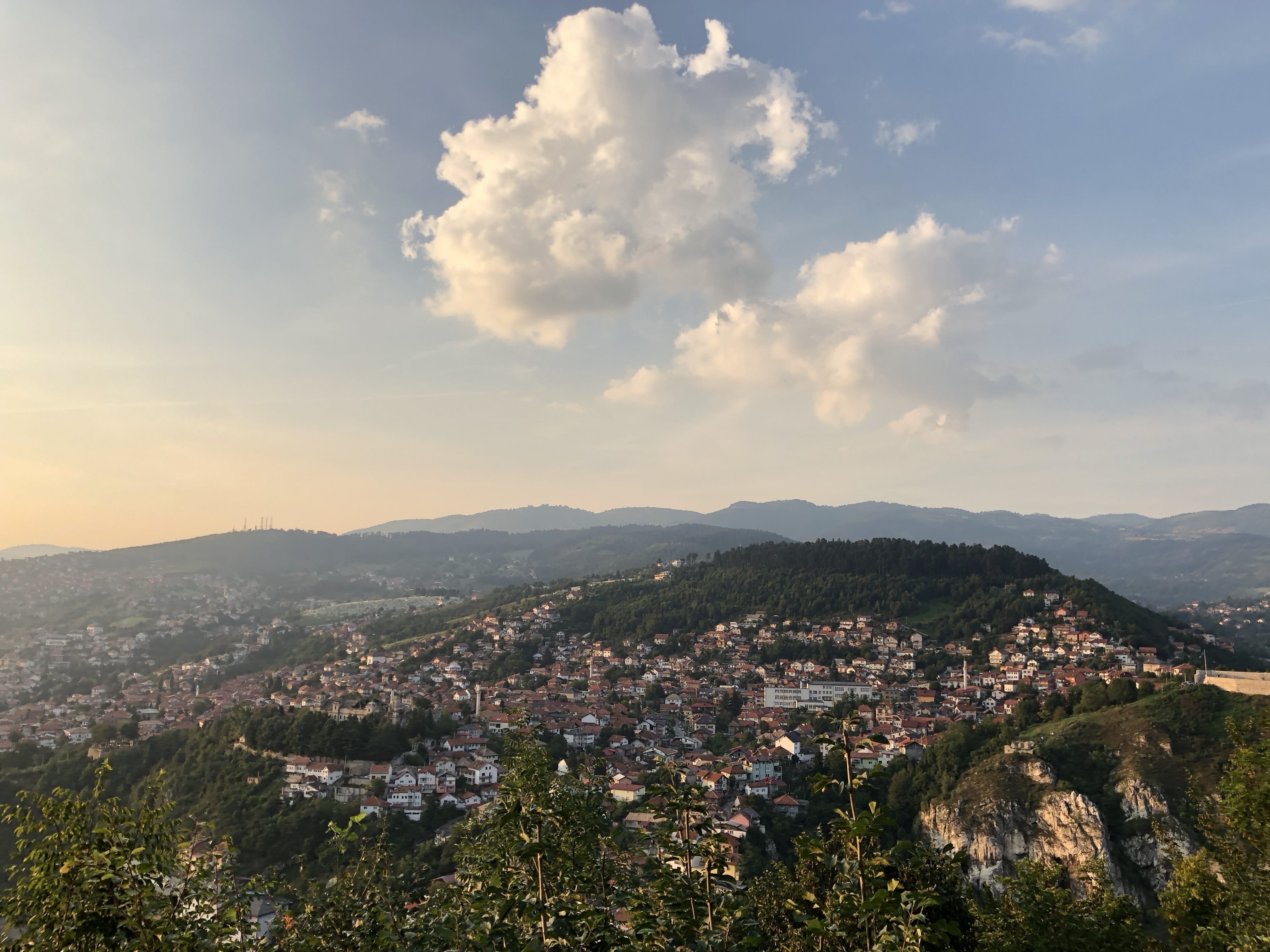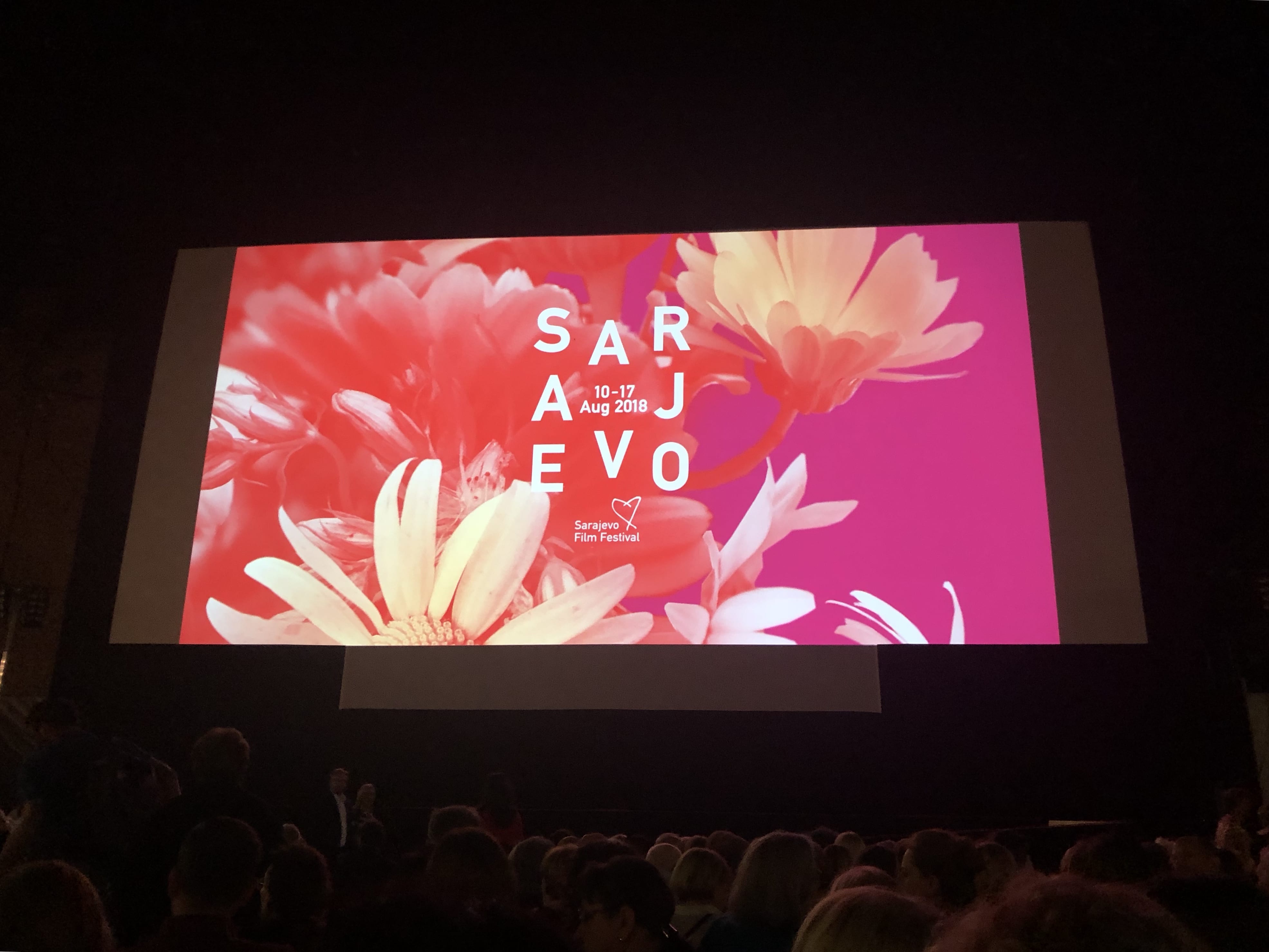As we approach the final week of the comparative public health program, I am truly beginning to realize how much distance we have covered in terms of history, culture, trauma, and public health. This last week, we were able to study in depth the Bosnian health care system for the first time. There is a quote (I can’t recall the source) that I feel has underscored many of our studies related to the Bosnian political and healthcare structures, that states “the Bosnian political system was designed at the end of the century to prevent war and related atrocities from happening in the future, but has simultaneously created a system that prevents progress.” This is certainly illustrated in the cantonal political system upon which the Bosnian government is based –in this decentralized government, it almost seems as if each of the 10 cantons must fend for themselves. When it comes to resources and funding for the healthcare system, this reality is especially relevant. The Canton of Sarajevo is easily the best funded and has the most cutting-edge healthcare relative to the rest of the country largely due to its revenue from tourism. On the other hand, provinces that are characterized by more rural populations lack the funding they need to modernize healthcare systems, and it seems that there is no equitable process in place to distribute funds throughout the country. Furthermore, it seems that corruption plays a large role in the inability to translate the significant taxes raised from employers and employees into development of infrastructure. This has also contributed significantly to the brain-drain phenomenon throughout the country, as many of the skilled and educated are migrating to urban areas or simply leaving the country for more developed countries in Europe and the Middle East.
I think one of the most lasting impressions from this week was our opportunity to meet with an anthropologist actively involved in the nation-wide project in identifying remains from primary, secondary, and even tertiary mass-graves using archaeological methods. Though I found it quite fascinating to actually be able to handle bones that date back to the 1500s, it was more interesting to me to see how important this project was to a native Bosnian who had survived the war. While other archaeologists may be quite distanced from the artifacts and bones they collect and document, this man was literally returning the remains of family members back to their surviving family or relatives. When asked about how long the project of identifying Bosnian victims would last, his answer was “probably 50 or 100 years.” If you consider this length of time to be accurate to any degree, this is also the length of time that the war atrocities committed during the 1990s will be on the minds of future generations of Bosnians. Though this on-going project is meant to help with reconciliation, I still wonder about how healthy it may or may not be to continually have the horrific acts committed during the war. It is a constant struggle of ideology between the memorialization of those who perished to prevent something similar from happening again, and the potential mobilization of nationalistic fear and anger regarding these events to accomplish a political agenda.
On another note, I thought that the opportunity to meet with a family medicine specialist was incredibly enlightening. I have had the opportunity to shadow a family physician in the past, and what continues to stick with me is the incredible wisdom and benevolence exuded by those primary care givers. These physicians must be able to treat the whole body, which certainly includes all the emotional and psychological baggage of war and its traumas. I am aiming to finish the program strong, and absorb as much as possible in the few days I have left.
Also, we happen to be in Sarajevo during the Sarajevo Film Festival, which initially began in defiance to the Siege in the last year of the war, where directors from all over the world helped kick-start this gathering with some even smuggling their films into Bosnia themselves. Should be a great time at the premiere!


